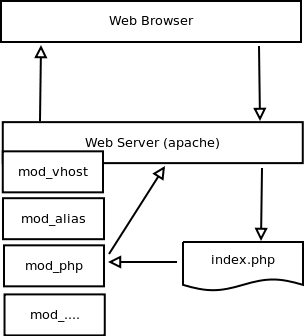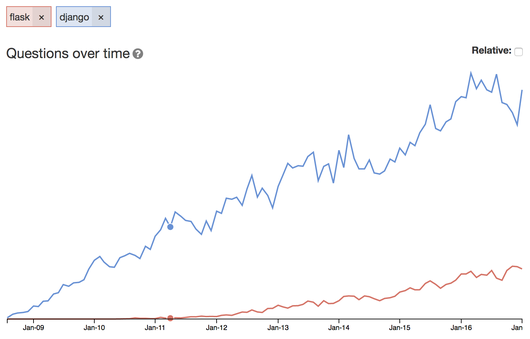Keep forgetting about this so this is to wrap my heads around it. First
I have
the impression that Django by default execute database operations within
a
transaction block, which is the source of my confusion. It's true only
to
certain extent. The first section in django documentation
already explained
this (emphasized is mine):-
Django’s default behavior is to run with an open transaction which it
commits automatically when any built-in, data-altering model function
is called. For example, if you call model.save() or model.delete(),the
change will be committed immediately.
Once you call any function that will alter the data such as .save()
method,
Django will commit the transaction and start a new one. Take the
following code
for example:-
def step1():
mms = MMSMessage()
mms.save()
step2()
@transaction.commit_manually
def step2():
transaction.rollback()
step1()
I thought no MMSMessage object will be saved since when step2()
function
get called, the transaction was rollback. But the fact is, the
transaction
already committed when mms.save() is called and by the time step2()
executed it's already running in a new transaction, so the rollback does
not
have any effect. To get what we want, both function must be made to run
in a
single transaction.
def step1():
mms = MMSMessage()
mms.save()
step2()
@transaction.commit_manually
def step2():
transaction.rollback()
@transaction.commit_manually
def main():
step1()
main()



